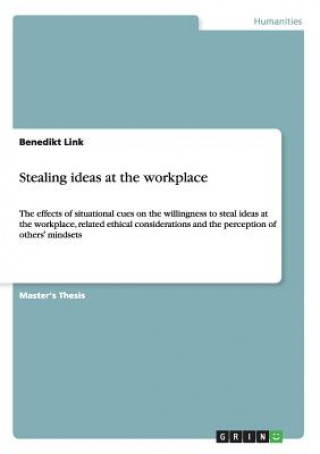
Code: 05283996
Stealing ideas at the workplace
by Benedikt Link
Master's Thesis from the year 2011 in the subject Psychology - Work, Business, Organisational and Economic Psychology, grade: 1,0, London School of Economics (The London School of Economics & Political Science), course: Organisati ... more
- Language:
 English
English - Binding: Paperback
- Number of pages: 60
Publisher: Grin Publishing, 2015
- More about this

47.09 €
RRP: 50.64 €
You save 3.55 €

In stock at our supplier
Shipping in 15 - 20 days
You might also like
-

Surviving Internal Politics Within the School
127.04 € -

WTO and the Political Economy of Trade Policy
327.11 € -9 % -

Geheimkommando Spree/Geheime Spuren, 3 DVDs
22.29 € -

Bibel der Häretiker
48.40 € -14 %
Give this book as a present today
- Order book and choose Gift Order.
- We will send you book gift voucher at once. You can give it out to anyone.
- Book will be send to donee, nothing more to care about.
More about Stealing ideas at the workplace
You get 119 loyalty points
 Book synopsis
Book synopsis
Master's Thesis from the year 2011 in the subject Psychology - Work, Business, Organisational and Economic Psychology, grade: 1,0, London School of Economics (The London School of Economics & Political Science), course: Organisationspsychologie, language: English, abstract: This study aims to show that situational cues like semantic primes are able to influence aparticipant s decision-making in the context of taking credit for someone else s idea at theworkplace. In a laboratory experiment either a competitive, cooperative or neutralenvironment was simulated by using subliminal priming techniques. Participants were thenexposed to a hypothetical scenario in which they were urged due to their heavy workload to take credit for a colleague s idea. In particular, the study examined four constructs: theparticipants willingness to take credit for this idea without and with escalating consequencesfor not choosing to do it, the perceived ethical costs related to that action and the perceptionof others mindsets. It was expected that participants in the competitive condition would bemore willing to take credit for the colleague s idea and perceive less ethical costs than in theneutral condition and vice versa for the participants in the cooperative condition. Additionally,the study expected the participants to perceive the mindset of a random other in the samesituation to be similar to their own mindset. Furthermore, qualitative data was collected toexplore the decision-making process in such a situation. The results showed that situationalcues did not significantly influence the individual decision-making in this particular context.However, several unexpected findings about the relationships between the tested constructsdeliver valuable implications for future research on the topic of taking credit for other people sideas. In addition, the findings from the qualitative analysis suggest that future studies haveto differentiate between ethical and utilitarian considerations to gain further insights into theindividual decision-making process.
 Book details
Book details
Book category Books in English Society & social sciences Psychology
47.09 €
- Full title: Stealing ideas at the workplace
- Subtitle: The effects of situational cues on the willingness to steal ideas at the workplace, related ethical considerations and the perception of others mindsets
- Author: Benedikt Link
- Language:
 English
English - Binding: Paperback
- Number of pages: 60
- EAN: 9783656443186
- ISBN: 3656443181
- ID: 05283996
- Publisher: Grin Publishing
- Weight: 91 g
- Dimensions: 210 × 148 × 4 mm
- Date of publishing: 17. July 2015
Trending among others
-

Man Who Mistook His Wife for a Hat
11.44 € -27 % -
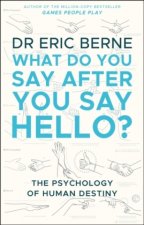
What Do You Say After You Say Hello
12.24 € -28 % -

How to Think Like Leonardo da Vinci
15.86 € -24 % -

Heroine's Journey
16.06 € -19 % -

Notes on Grief
7.92 € -20 % -

Manufacturing Happy Citizens - How the Science and Industry of Happiness Control our Lives
19.57 € -

Oppression and the Body
15.56 € -26 % -

On Killing
17.26 € -24 % -
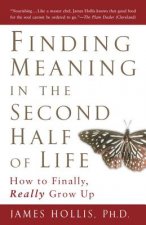
Finding Meaning in the Second Half of Life
16.56 € -17 % -

Trauma Healing with Guided Drawing
25 € -18 % -

Human Tuning Sound Healing with Tuning Forks
20.58 € -1 % -

The Evolution of Desire
16.86 € -19 % -

Trauma-Sensitive Mindfulness
30.62 € -

Atkinson and Hilgard's Introduction to Psychology
77.83 € -
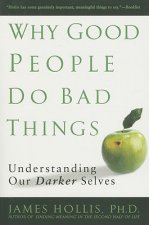
Why Good People Do Bad Things
19.07 € -23 % -

12 Rules for Life
26.30 € -14 % -

Power of Attachment
14.45 € -28 % -

Mindfulness, 25th anniversary edition
15.06 € -25 % -
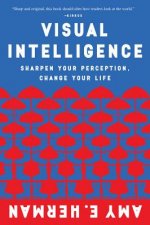
Visual Intelligence
17.67 € -2 % -

Pocket Guide to Sensorimotor Psychotherapy in Context
30.42 € -1 % -

Transformation
13.15 € -13 % -

Psychology of Winning
7.42 € -28 % -

Somatic Internal Family Systems Therapy
21.28 € -17 % -

Handbook of Sandplay Therapy
52.12 € -

1001 Solution-Focused Questions
30.42 € -9 % -

Aion
38.56 € -

Psychology of Kundalini Yoga
17.67 € -28 % -

Your Unique Facilitator Style
15.86 € -

Psychology For Dummies, 3rd Edition
18.27 € -34 % -

Phototherapy Techniques
37.96 € -
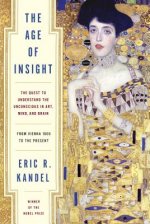
Age of Insight
47.70 € -20 % -

Art of Joyful Living
13.35 € -22 % -
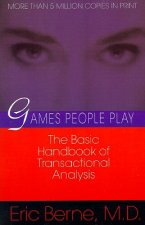
Games People Play
13.75 € -28 % -

Living an Examined Life
14.25 € -25 % -

Myth of Analysis
36.35 € -

Coaching Psychology Manual
71.60 € -9 % -

Enneagram of Society
17.57 € -16 % -
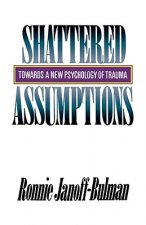
Shattered Assumptions
16.36 € -17 % -

Shrink Dreams
15.56 € -17 % -

Man Enough
19.47 € -5 % -

Bergin and Garfield's Handbook of Psychotherapy and Behavior Change, Seventh Edition
128.05 € -7 % -

12 Rules for Life
19.68 € -29 % -

Psychology Book
19.78 € -22 % -

Collected Works of C.G. Jung, Volume 9 (Part 2): Aion: Researches into the Phenomenology of the Self
24.80 € -23 % -

Psychology and Alchemy
39.66 € -

Simpler Life: a guide to greater serenity, ease, and clarity
15.16 € -28 % -

Retrain Your Brain: Cognitive Behavioural Therapy in 7 Weeks
16.46 € -4 % -

Sleep and Dreams
21.08 € -18 % -

Dictionary of Psychology
16.16 € -18 %
Collection points Bratislava a 2642 dalších
Copyright ©2008-24 najlacnejsie-knihy.sk All rights reservedPrivacyCookies


 15549 collection points
15549 collection points Delivery 2.99 €
Delivery 2.99 € 02/210 210 99 (8-15.30h)
02/210 210 99 (8-15.30h)